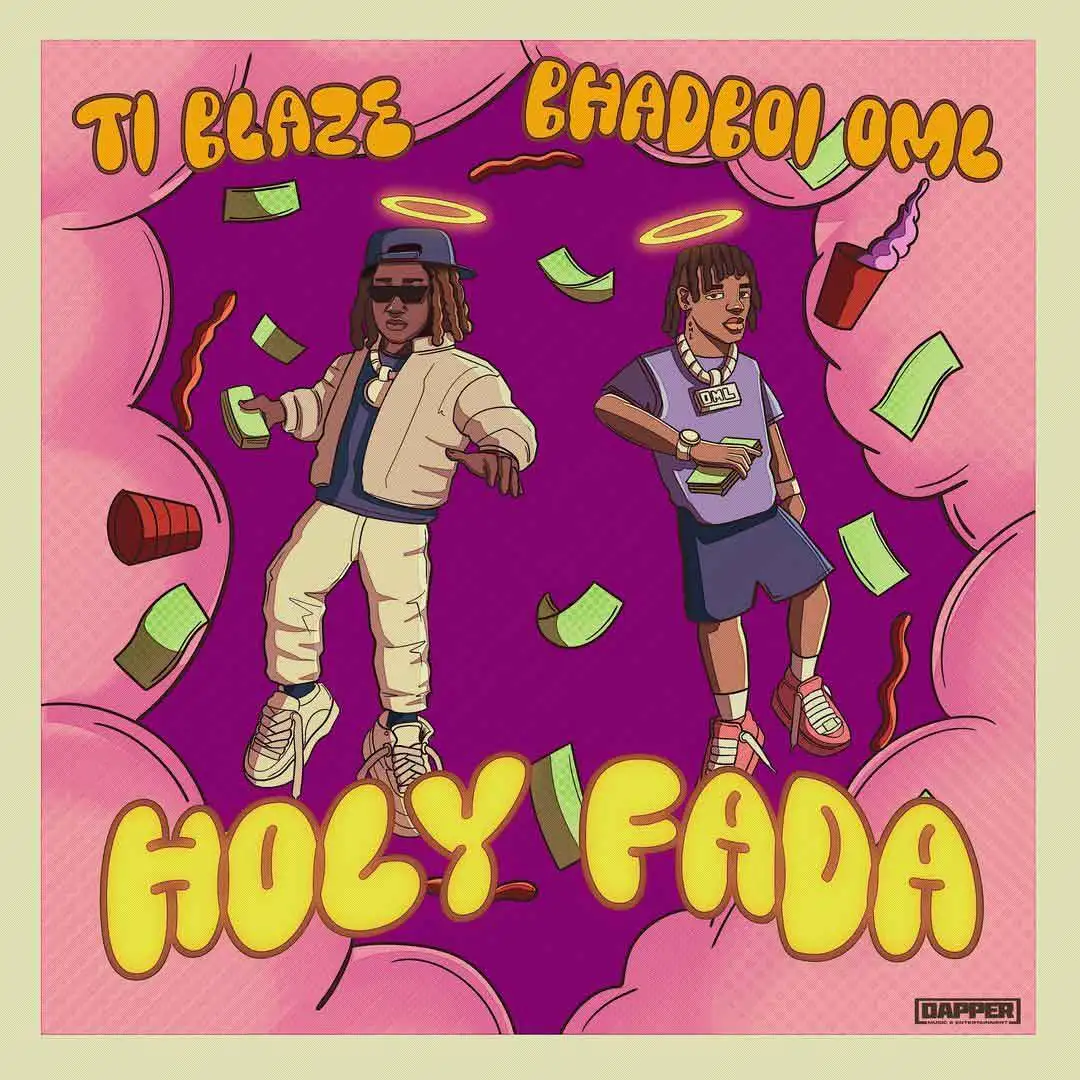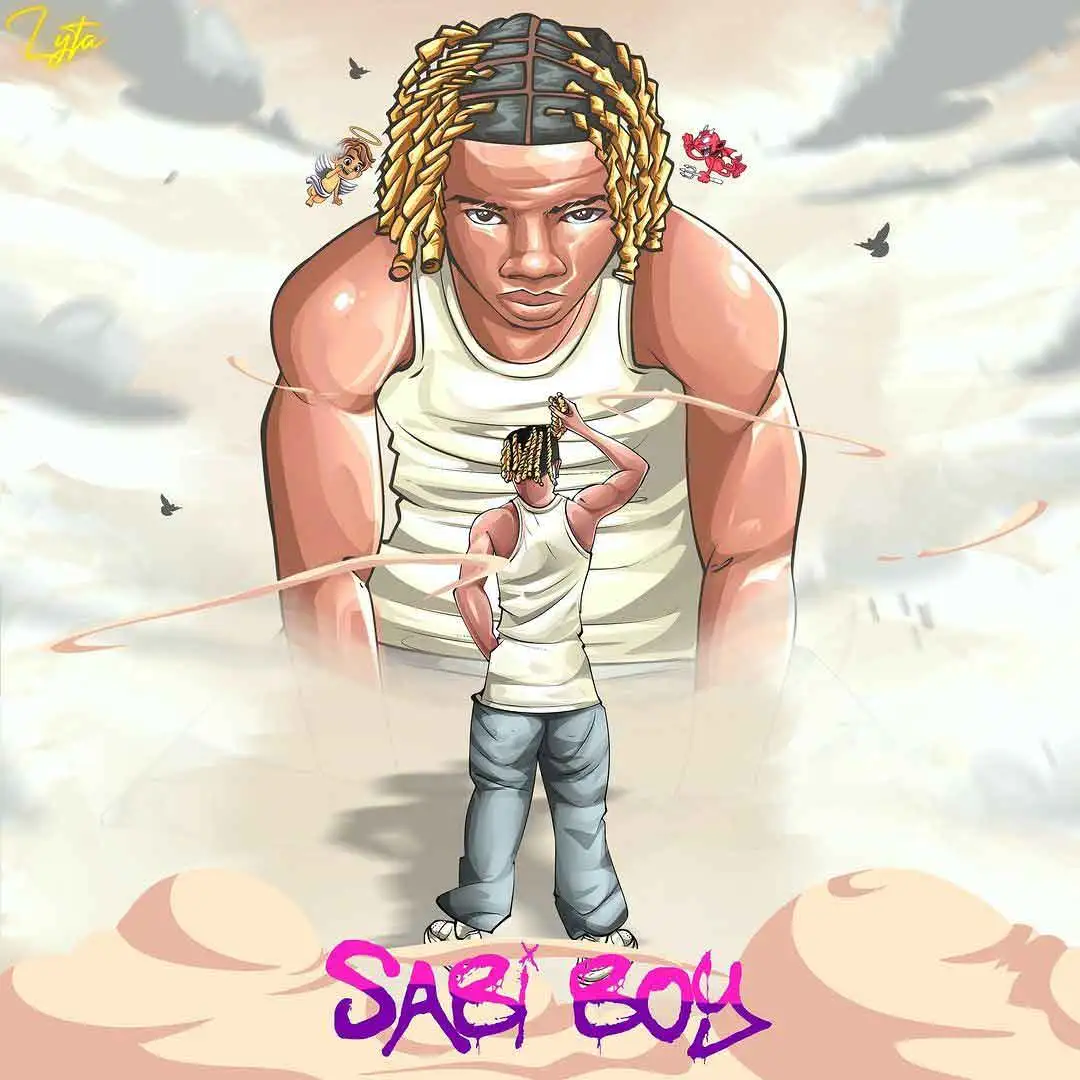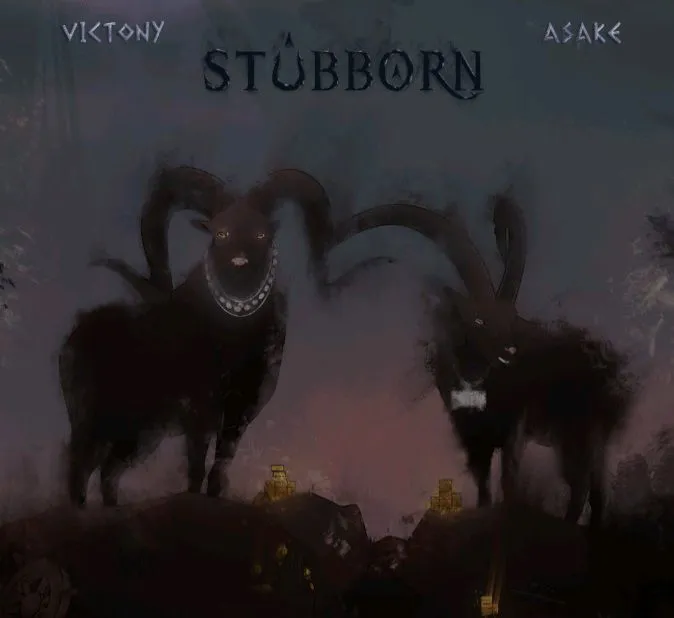Must Read: Paradox Of Abel - Season 1 - Episode 12
.jpg?w=900&ulb=true&ssl=1)
Must Read: Paradox Of Abel - Season 1 - Episode 12
He believed, most times, that writing could be a lonely business. People of his calibre had argued countless of times with him about that but he still stuck to this belief. He had explained that it was either you, your computer system, a pen and a piece of paper. He didn’t mean about play or movie scripts. Those were communal endeavours to him. Writing with commitment was what he meant, which goes deeper into the core of human imagination. To him, both novelists and poets were recluse. And after spending too much hours behind the writing desk with this anchoritic profession, you lose the sense of the great big world beyond you. You forget how to act. Associating with people becomes a challenge because you continue getting worried about what they think of you. Your whole universe, however, would be condensed into a blank sheet of paper. The life of a writer, inadvertently, turned into an inactive life, sedentary, and mentally and emotionally chained to your desk.
Ariel was a writer; an unpublished one though.
He had grown a fondness for literature at an early age; at age seven, Ariel had read Chinua Achebe’s classic Things Fall Apart, and before he clocked his tenth year he’d devoured all Achebe’s to date. Although his favourite had been Chike and the River until he turned eleven and begun to read tales from the Western world, including literature texts. A bibliophile that Ariel was, by the time he became eighteen years old, he had consumed the whole of Soyinka’s plays and poems, and had read Shakespeare front to back twice; his favourite of the plays was The Tempest, and his favourite character therein was Ariel. Hence his own pseudonym. This love of literature and works of fiction had heightened his desire to write his own novels too. His first book, which he titled Babylon, was nothing but a file document on his computer laptop. The second book, Brick of Jericho, was at least forwarded to a publishing company from which he had never gotten any reply. Although Brick of Jericho was Ariel’s second book, it later turned out to be a prequel to the already written Babylon. But contrary to their titles, none of these two books were having any biblical reference in their plots.
Believing strongly that he would one day become an accomplished writer, Ariel never stopped writing. His third book, a work-in-progress, he titled Ash; a book with a particularly different genre from its two predecessors. In this new novel on which he was working, he was trying to write about fate and destiny. About a young and poor doctor who lived all alone. The doctor found a beautiful lady who got knocked unconscious by a runaway bus. He carried the lady to his home and had her treated. The lady’s wounds healed and she came awake after days, then she fell in love with the doctor. In the end, the lady was revealed to be a rich man’s only daughter. They got married and lived happily afterwards. A silly story for a nice concept, Ariel knew, the average story that could become Nollywood’s finest but would never win an award. He knew, therefore, how to change the dull piece of work into a tale which could charm and mesmerize readers. There must be suspense, twists and turns; like, the driver who hit the lady being the man who had been blackmailing her father for a crime committed quite a long time ago, and the doctor had been the victim of the crime, which was the cause of his own penury, or something more technical.
There was an abundance of yarns.
Ariel was a young man of twenty-four years, and single. He was a man who lived a quiet life; created a lone world of his own and lived by the rules. He made his own bed each morning, brushed his teeth twice daily, did his own laundry and washed his dishes. He rarely did anything out of the ordinary, except write.
Even in secondary school, all those girls who liked bad boys; which, strangely enough, seemed to be most of them, thought of Ariel as a nerd for his chivalrous personality, or even thought of him not at all. If they could see him now, writing a novel, they wouldn’t swoon on him and become giddy with desire, they wouldn’t even throw their p@anties at him as if he were a superstar; as some ladies did at the P-Square concert the week before. They would simply roll they eyes, boo and hiss at him. He would appear to them more boring than he initially was back in high school. None would even take a sneek-peek at what he had written.
He knew that before girls like those ones both in high school and higher institution would swoon over guys like him, the sun would rise in the west, tiny babies would grow beards, Pasuma would win the Grammy, and a honest man would become the President of Nigeria.
Well, each man has a cross to bear. At least he hadn’t been born with a hunch-back or suffer strabismus.
However, two years earlier, Ariel had met Ella at a social gathering for upcoming writers.
Their passion in creating a desired kind of literary art had brought them together. Ella wasn’t one of those ‘hot’ girls but she was quite beautiful, and Ariel had loved her on the instant. At the age of nineteen, Ella had published two novels. All of them received well by reviewers and critics alike, but none of them sold in sufficient number to make her famous or even guarantee that she would find an eager publisher for the fourth. Both Ariel and Ella, though with different writing styles, worshipped each other’s works. They believed strongly that they would rule the literary world of the country if they persevered and continue having each other. Their love knew no bounds but their relationship lasted only six months.
One Thursday morning, Ella parked her Honda, a gift from her father, near an ATM to withdraw ninety-five thousand naira. She had been robbed of the money by desperate hoodlums, then stabbed in the eye. He car was driven away. She was helped by kind pedestrians but she died before reaching the hospital.
This unfortunate event had dealt Ariel a blow from which he had not been able to recover.
The only thing he knew he could do to keep Ella’s momory alive was to continue writing and plotting thick tales. From hence, Ariel had always edited his works with a red pen and a metaphorical hatchet, leaving evidence of bloody suffering with the former, and reducing scenes and dialogues to kindle with the latter.
Ella had taught him that worthwhile art could be carved only from raw language and with self-doubt and justice as sharp as a chisel. Regarding his work, Ariel was extremely puritanical, he found virtue first in self-flagellation.

.png?w=300&ulb=true&ssl=1)
.jpg?w=300&ulb=true&ssl=1)
.jpg?w=300&ulb=true&ssl=1)


![Romeo (2024) [Tamil]](https://www.memesng.com/r/storage.waploaded.com/images/6ade95642e95dd094e66ab2f1086b735.jpg?w=50&ulb=true&ssl=1)
![Vojna Policajtov (2024) [Slovak]](https://www.memesng.com/r/storage.waploaded.com/images/557533db7c24f073f4aac2e0863883bf.jpg?w=50&ulb=true&ssl=1)


![Slyth The Hunt Saga (2023) [Thai]](https://www.memesng.com/r/storage.waploaded.com/images/28a1d27447b80d5cf33f993818fb3bcc.jpg?w=50&ulb=true&ssl=1)









![Kehlani - After Hours [Video]](https://www.memesng.com/r/storage.waploaded.com/images/a9ec4d47566ea963a292e2e977e18337.jpg?w=50&ulb=true&ssl=1)

![In the Name of the Brother (2024) [Chinese] (TV series)](https://www.memesng.com/r/storage.waploaded.com/images/2180542a937cbc9bfc75df3c941b75d5.jpg?w=50&ulb=true&ssl=1)

![The Brave Yong Soo Jung (2024) [Korean] (TV series)](https://www.memesng.com/r/storage.waploaded.com/images/6bbf7002ed646433d071dcebf9f2361d.jpg?w=50&ulb=true&ssl=1)
![In Cold Blood (2024) [Korean] (TV series)](https://www.memesng.com/r/storage.waploaded.com/images/64d0b2050777280ade35b2797b34c503.jpg?w=50&ulb=true&ssl=1)
{{comment.anon_name ?? comment.full_name}}
{{timeAgo(comment.date_added)}}
{{comment.body}}
{{subComment.anon_name ?? subComment.full_name}}
{{timeAgo(subComment.date_added)}}
{{subComment.body}}